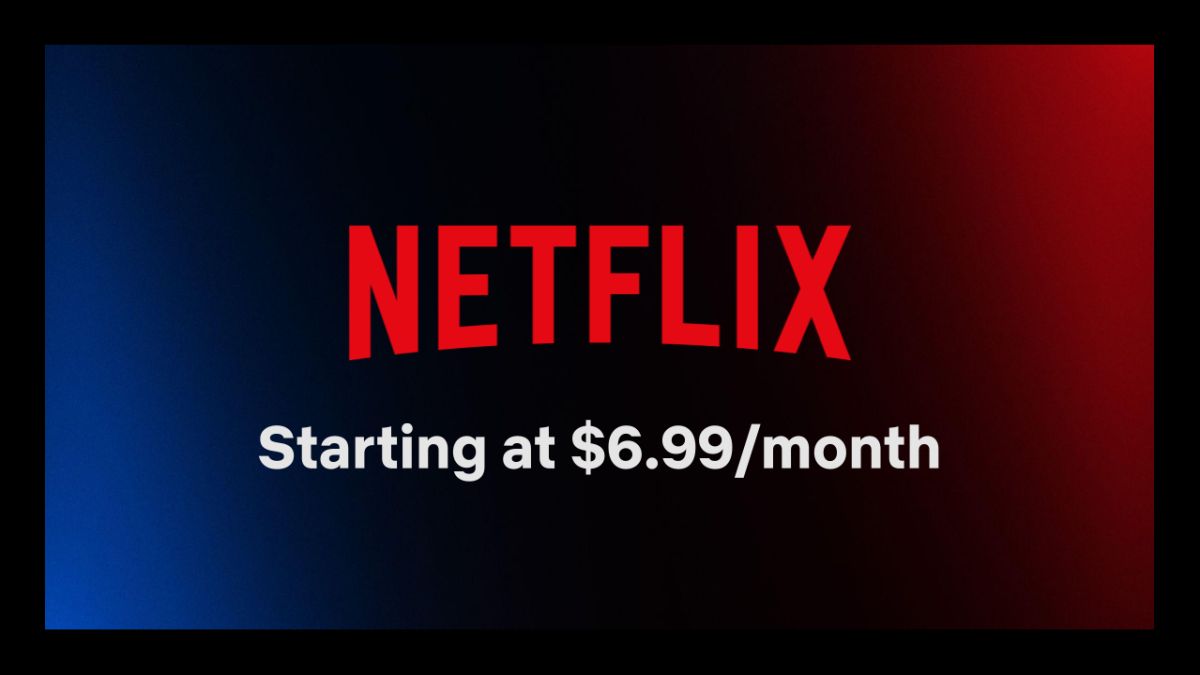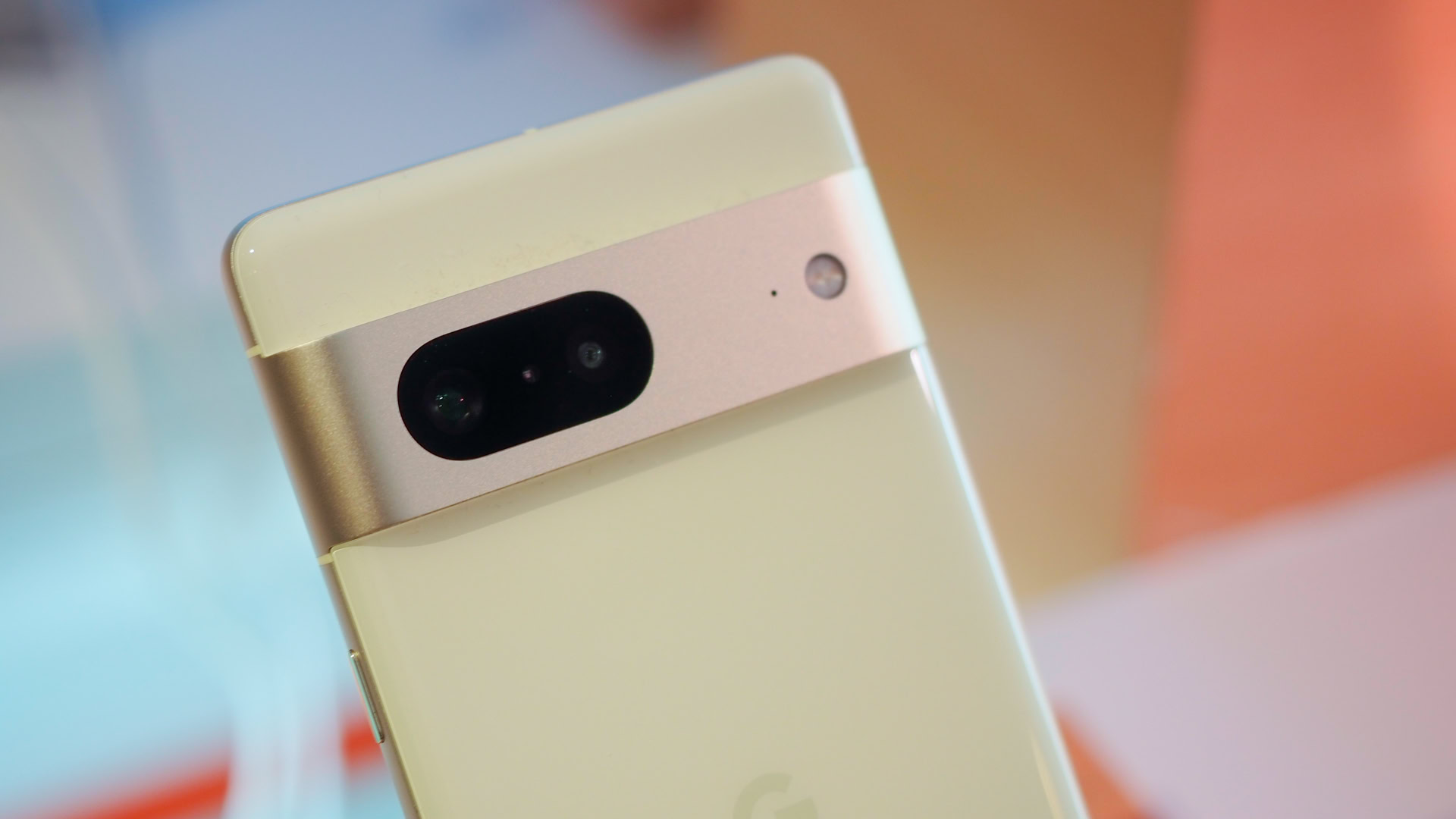Affiliate links on Android Authority may earn us a commission. Learn more.
🐕 Happy Friday! My puppers has been a bit sick all week with some kind of allergic reaction to something she ate. You think she’d eventually learn not to eat garbage off the street, but we’re seven years in and no progress yet.
Netflix goes ad-supported

It’s been rumored for months now, but yesterday Netflix officially announced its ad-supported plan, called Netflix Basic with Ads. If you’ve been following the rumors, there aren’t any big surprises, but here’s the lowdown:
- Netflix Basic with Ads will cost $6.99 a month in the US. Internationally, it’s £4.99 in the UK, CAD $5.99 in Canada, and AUD $6.99 in Australia.
- It will also be available in Brazil, France, Germany, Italy, Japan, Korea, Mexico, and Spain, but no word on pricing in those regions as of yet.
- You can subscribe starting November 3 in the US, with other regions launching around the same time.
- The company says the plan will run video ads four or five times an hour, each one lasting roughly 15 seconds.
- That’s less than cable TV, but more than what most streaming fans are used to.
- Other limitations largely match the next plan up, Netflix Basic, which maxes out at one stream at 720p.
- However, the ad-support plan will not allow users to download content to mobile devices.
- Additionally, some content will not be available. No word yet on which content this is, but it could be a dealbreaker.
- Based on our ad-supported phone poll results, most of you don’t like ads where you’re not expecting them. A sentiment we wholly agree with.
- That said, our polling earlier this year indicated that more than half of you would consider the new plan.
- Then again, if you’re willing to get creative, you may be able to disable all ads on your home network. Have your cake and eat it too!
- Now that the new ad-supported plan has been officially announced, we’d love to hear whether you’d pay $6.99 a month for Netflix with ads, so head on over to our latest poll and cast your vote.
How does it stack up?
- Netflix has priced the plan pretty competitively, especially considering it’s one of the most expensive streaming services out there.
- For reference, Netflix Basic (without ads) costs $9.99, and the top-of-the-line Netflix Premium is $20 a month.
- It also undercuts Disney Plus‘ ad-supported plan, announced last month at $7.99 a month.
- That announcement also came with an increase to the ad-free Disney Plus plan, which will cost $10.99 a month.
- Netflix maintains that its current pricing will not change.
- Hulu‘s ad-supported plan also runs $6.99 a month, but streams are HD or higher.
- HBO Max also launched an ad-supported plan earlier this year, costing $10 a month (vs $15 for the ad-free plan).
- Still not sure which streaming service is best for you? We have a detailed guide for that.
- If you’re already subscribed, check out some of the best new movies and TV shows to stream this weekend!
Roundup
👀 Speaking of ads, Meta may use the Quest Pro’s eye-tracking to serve ads. That’s gonna be a no from me, dawg (Android Authority).
😁 Face unlock: How does the Google Pixel 7 compare to the Pixel 4? The old Pixel’s chunky forehead did come with some advantages (Android Authority).
🆕 Ready for One UI 5? Here are all the big additions to Samsung’s Android 13 update (Android Authority).
🤭 Oops! Microsoft may have accidentally given us a peek at Windows 12. The design obviously isn’t final, but the search bar at the top is an interesting choice (Android Authority).
✋ FCC set to ban approvals of new HUAWEI, ZTE equipment in the US on national security grounds (Reuters).
🎮 The new Steam app officially launches on Android. The new authenticator system is fast and smooth, and it’s now easier than ever to grab flash sales from your phone (9to5Google).
📒 Not that you asked, but here’s how to get Doom running in Windows’ notepad.exe. At 60fps, too! (Arstechnica).
🙋♀️ Google’s Project Starline is the real deal. The Verge goes hands-on with the impressive 3D video calling booth, first teased back in 2021 (The Verge).
🌞 Greece runs entirely on renewable energy for the first time in history. It was only for about five hours, but still pretty impressive (Greek Reporter).
🔭 The National Science Foundation won’t rebuild the Arecibo Observatory telescope, which collapsed in 2020. You can still visit it in Goldeneye, though (The Verge).
Friday Fun

Today we have a story that sounds like it’s straight from your favorite true crime podcast. A US inmate used a smuggled Samsung phone to defraud a financial firm to the tune of $11 million, all from the comfort of his prison cell.
How, you might ask? Well, he posed as billionaire film producer Sidney Kimmel, calling Charles Schwab brokerage to request a wire payment from a form uploaded to the firm’s secure email service. The form had been uploaded by his wife and co-conspirator earlier in the day, and after confirming his identity using a picture of Kimmel’s driver’s license and an LA water and power utility bill, Schwab promptly sent $11 million from his account to a gold coin reseller based in Idaho.
The caper was eventually uncovered when prison officials found the phone and looked through its contents. He had apparently been using the free voice and messaging service TextNow. Naturally, he was sentenced to jail time for conspiracy to commit bank fraud and money laundering. Or more jail time, I suppose.
Want more true crime? Check out the best true crime shows on Netflix. Mindhunter is a must.
Until next time,
Nick Fernandez, Editor.

